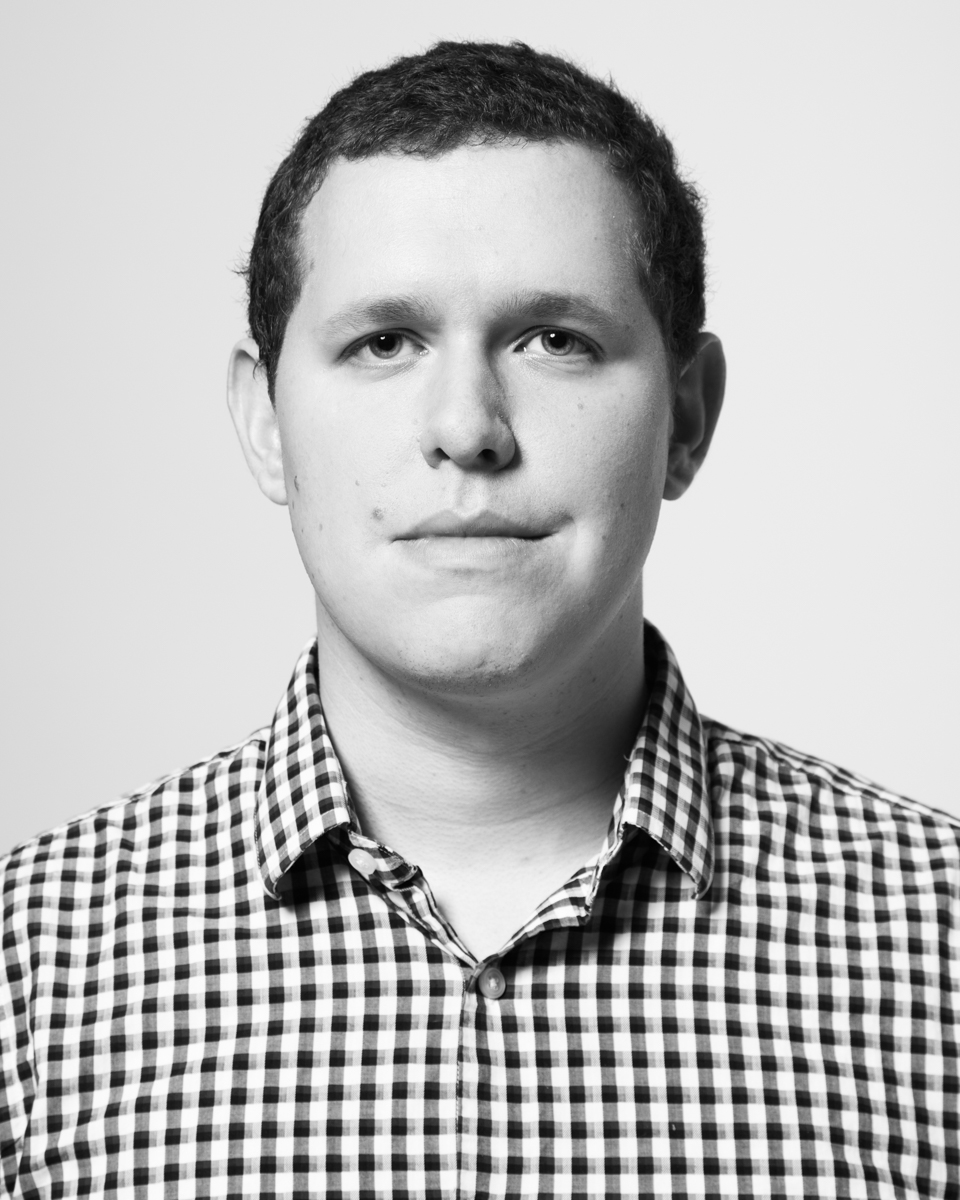Ethiopian LGBT Activist Banned by Facebook Under Real Name Policy
An Ethiopian LGBT activist and leader who runs multiple Facebook groups for gay Ethiopians has had his account blocked by Facebook for not using his real name.
The activist, who goes by the pseudonym HappyAddis, used the social network to create and administrate some of the most popular groups for gay Ethiopians, including Zega Matters, which has more than 1,000 members. The East African country considers homosexuality a crime and those convicted of same-sex relations can face 15 years in prison. For that reason, many LGBT citizens use an alias to interact with others online in order to avoid punishment from the authorities and anti-gay violence.
On Friday morning, HappyAddis discovered his account had been blocked due to a Facebook policy that requires users to go by their real names on the site. The activist says he was told to upload documents confirming his pseudonym was his legal name or he would not be able to use the site. It appears as though anti-gay Facebook users may have reported HappyAddis's account as a false name in order to make Facebook take it offline.
This is not the first time Facebook's real name policy has affected more vulnerable members of the company's user base. Multiple groups, including LGBT users, Native Americans, and transgender individuals, have had their accounts blocked for having names that don't conform to traditional standards. Earlier this month, Facebook CEO Mark Zuckerberg attempted to clarify the policy, saying "Your real name is whatever you go by and what your friends call you. If your friends all call you by a nickname and you want to use that name on Facebook, you should be able to do that.”
However, even this more lenient policy is no help to those who have to separate their online name from their everyday identity for safety reasons. A spokesperson for Facebook says the company still requires users to use the name they go by in everyday life. HappyAddis's account remained blocked as of Saturday morning.
The Facebook representative, who could not speak about HappyAddis's situation since the company does not comment on specific accounts, said that users who require anonymity can either use a secret Facebook group or a different platform that allows anonymity.
But HappyAddis says neither of those options would work in his situation. Secret groups still require users' real names, a non-starter for those who fear physical violence if their identity is revealed. Using a real name is "like outing yourself," he told Money. "People will go and attack you. Even other gay people, you don't trust them. How can you find out whether they're real gay people using their real account?"
Using less popular platforms—even Facebook's own Rooms app, which allows anonymity—would also be a poor replacement for the world's most trafficked social network. "If Facebook kicks us out we have no other option," HappyAddis said. "Facebook is the most popular thing. Google+ and other things are not popular and people don't use them much. We can’t find people there because nobody uses those."
The desire to hide one's real name on social media is not just an Ethiopian phenomenon. Though HappyAddis is currently in the U.S. as a student, he is still afraid to reveal his real name. Like many in the LGBT community, his parents do not know he is gay and he says connecting his online identity with his authentic one could cause serious problems.
Now that HappyAddis has been blocked for using a pseudonym, the activist worries other LGBT individuals will be blocked as well. A number of his friends have also received warnings about their identity, and if the policy begins to be enforced more strictly it could mean an end to one of the few ways gay Ethiopians can communicate with one another. "If they have to use their real names then everyone will go underground," HappyAddis said.
And for many, the service HappyAddis's groups provide may be irreplaceable. "I made this group 5 years ago. That's where people come to seek information, seek advice, seek counseling from other people," he added. "There's not free press, even political activists have a hard time connecting to each other. For the gay community [Facebook] is much more important. We can't meet publicly and there's no [other] way to get in touch with other gay people in Ethiopia."
UPDATE—July 16:
HappyAddis reports his account has been restored. In Facebook post Thursday afternoon, he writes:
Thank you Facebook for restoring my account. Thanks to everyone who helped get it back. For LGBT Ethiopians and other marginalized groups, social media is a life line, a window to escape a harsh world.
I hope Facebook takes this into account and make accommodation for us in its real identity policy. If the world was a different place, at least our side of it, we would have used our legal names but till then, we are forced to use aliases.We shall not stay always in the shadows. Working for change to come, for tolerance, acceptance and compassion, we remain optimistic together.
I received tremendous support and cooperation from people near and far. Your efforts give us hope that things will get better.
Thank you all!
